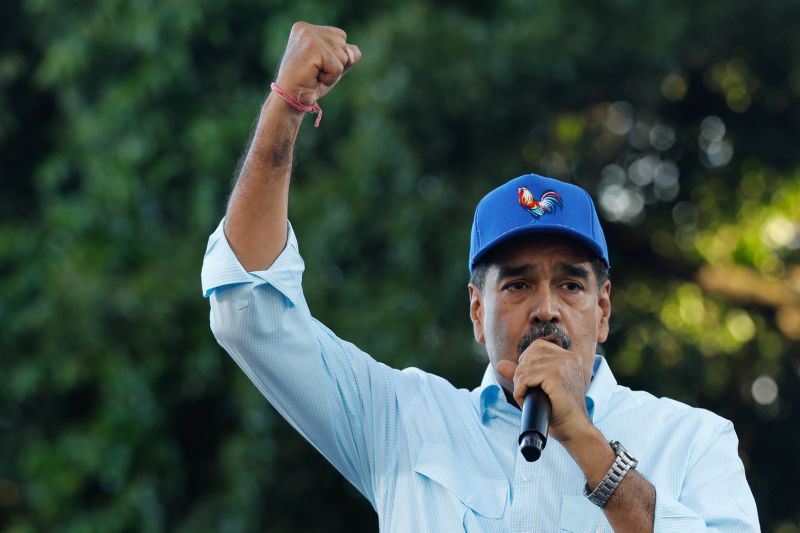
Venezuela’s Bold ‘Little Commandos’ Challenge Maduro and Spark a Migration Trend
In Venezuela, a unique group of armed individuals known as the Little Commandos have emerged, taking on President Maduro’s regime and potentially leading to a new wave of migration from the country. These young fighters are characterized by their small stature and their unwavering determination to resist the oppressive government.
The Little Commandos, made up of children as young as 10 years old, have been trained in combat and guerilla tactics by former military officers who have defected from Maduro’s regime. These children, often from impoverished backgrounds and living in dangerous neighborhoods, have found a sense of purpose and belonging within this group.
Despite their age, the Little Commandos have proven to be resourceful and daring in their operations against government forces. They have engaged in activities such as sabotage, intelligence gathering, and even targeted assassinations of key regime figures. Their ability to navigate through urban environments and their strategic thinking have earned them a reputation as a formidable force against Maduro’s security apparatus.
The emergence of the Little Commandos reflects the dire situation in Venezuela, where political and economic instability have plagued the country for years. The government’s crackdown on dissent has pushed many ordinary citizens to the brink, leading them to take up arms against the regime in a desperate bid for change.
However, the actions of the Little Commandos have also raised concerns about the welfare and exploitation of these children. While some view them as heroic resistance fighters, others see them as victims of a brutal conflict, forced to bear arms at a tender age. The psychological toll of participating in armed conflict at such a young age can have lasting effects on these children, impacting their mental health and well-being.
The rise of the Little Commandos has also contributed to a new wave of migration from Venezuela. As the situation in the country escalates, many families are choosing to flee in search of safety and stability. The presence of armed groups like the Little Commandos only adds to the sense of insecurity and uncertainty that drives people to leave their homes behind.
In conclusion, the story of Venezuela’s Little Commandos is both a testament to the resilience of its people and a reflection of the harrowing conditions they face. While these young fighters may symbolize the spirit of resistance against oppression, their involvement in armed conflict highlights the urgent need for a peaceful resolution to the crisis in Venezuela. As they navigate the complex dynamics of political upheaval and displacement, the fate of the Little Commandos remains entwined with the future of their country.
